
Newcastle: The Jewel of Saint Kitts and Nevis
Nestled on the serene island of Nevis, Newcastle is a hidden gem that offers a perfect blend of natural beauty, rich history, and warm Caribbean hospitality. This quaint village is a haven for those looking to escape the hustle and bustle of modern life and find solace in the lap of nature. The stunning beaches of Newcastle are a major draw for tourists. With their pristine sands and crystal-clear waters, they provide an ideal setting for relaxation and water activities. The calm waves make it perfect for snorkeling, swimming, and even kayaking. The lush green surroundings further add to the charm, making it a perfect spot for picnics and leisurely walks. History enthusiasts will find Newcastle equally fascinating. The village is home to a number of historical landmarks that date back to the colonial era. One such notable site is the Cottle Church, which was built in 1824 and is known for being one of the first churches in the Caribbean where slaves and masters worshipped together. Another point of interest is the Newcastle Pottery, where visitors can see traditional pottery techniques and purchase unique handmade souvenirs. The local cuisine is another highlight of Newcastle. With a variety of restaurants and eateries offering mouth-watering Caribbean dishes, food lovers are in for a treat. Fresh seafood, tropical fruits, and local spices create a culinary experience that is both delightful and memorable. The friendly locals add to the welcoming atmosphere, making every meal a pleasant experience. In addition to its natural and historical attractions, Newcastle offers a range of accommodations to suit different preferences and budgets. From luxurious beachfront resorts to cozy guesthouses, there is something for everyone. The village’s laid-back vibe and picturesque setting make it an ideal destination for a romantic getaway, a family vacation, or even a solo retreat.
Local tips in Newcastle
- Visit the Cottle Church early in the morning to avoid crowds and enjoy the peaceful ambiance.
- Pack reef-safe sunscreen to protect the marine life while enjoying water activities.
- Try the local seafood dishes at small, family-run eateries for an authentic culinary experience.
- Bring cash, as some local vendors may not accept credit cards.
- Rent a bicycle to explore the village and its surrounding areas at your own pace.
Newcastle: The Jewel of Saint Kitts and Nevis
Nestled on the serene island of Nevis, Newcastle is a hidden gem that offers a perfect blend of natural beauty, rich history, and warm Caribbean hospitality. This quaint village is a haven for those looking to escape the hustle and bustle of modern life and find solace in the lap of nature. The stunning beaches of Newcastle are a major draw for tourists. With their pristine sands and crystal-clear waters, they provide an ideal setting for relaxation and water activities. The calm waves make it perfect for snorkeling, swimming, and even kayaking. The lush green surroundings further add to the charm, making it a perfect spot for picnics and leisurely walks. History enthusiasts will find Newcastle equally fascinating. The village is home to a number of historical landmarks that date back to the colonial era. One such notable site is the Cottle Church, which was built in 1824 and is known for being one of the first churches in the Caribbean where slaves and masters worshipped together. Another point of interest is the Newcastle Pottery, where visitors can see traditional pottery techniques and purchase unique handmade souvenirs. The local cuisine is another highlight of Newcastle. With a variety of restaurants and eateries offering mouth-watering Caribbean dishes, food lovers are in for a treat. Fresh seafood, tropical fruits, and local spices create a culinary experience that is both delightful and memorable. The friendly locals add to the welcoming atmosphere, making every meal a pleasant experience. In addition to its natural and historical attractions, Newcastle offers a range of accommodations to suit different preferences and budgets. From luxurious beachfront resorts to cozy guesthouses, there is something for everyone. The village’s laid-back vibe and picturesque setting make it an ideal destination for a romantic getaway, a family vacation, or even a solo retreat.
When is the best time to go to Newcastle?
Iconic landmarks you can’t miss
Timothy Hill Overlook
Discover breathtaking views of St. Kitts and Nevis at Timothy Hill Overlook, a must-visit destination for stunning landscapes and memorable experiences.
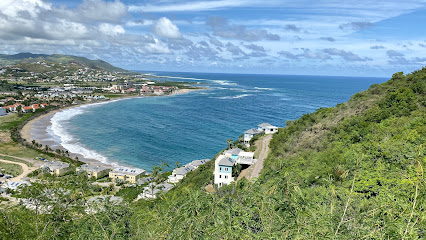
Brimstone Hill Fortress National Park
Explore the historic Brimstone Hill Fortress National Park, a UNESCO World Heritage Site in St. Kitts, where history and stunning views converge.
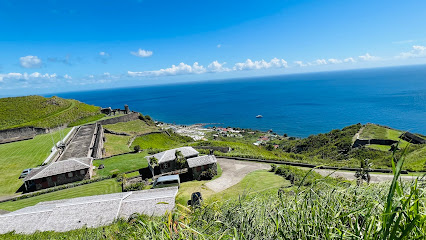
Dolphin Discovery Saint Kitts
Dive into adventure at Dolphin Discovery Saint Kitts, where unforgettable encounters with dolphins await in the stunning Caribbean waters.
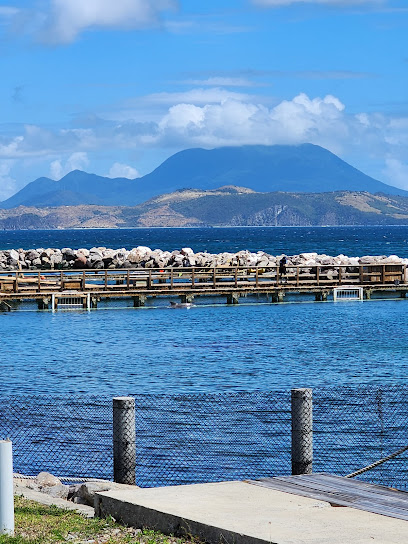
St. Kitts Scenic Railway
Discover St. Kitts' stunning landscapes and rich heritage aboard the Scenic Railway, an unforgettable journey for every traveler.
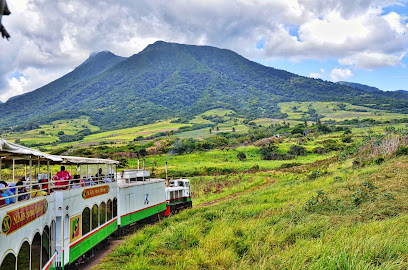
Fairview Great House and Botanical Gardens
Explore the captivating Fairview Great House and Botanical Gardens, where history meets the vibrant beauty of St. Kitts' lush landscapes.
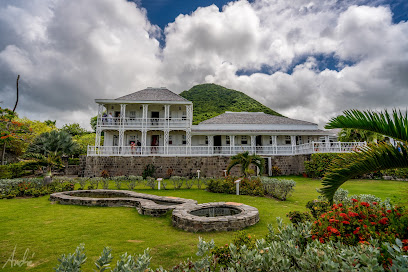
Romney Manor
Discover the historical charm of Romney Manor, a former sugar plantation turned cultural gem in St. Kitts, showcasing the art of batik and lush gardens.
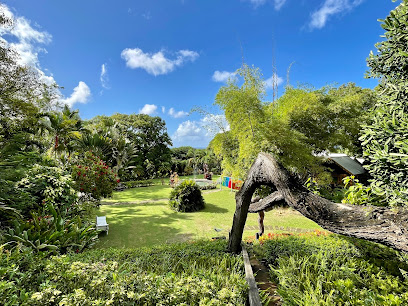
The Citadel at Fort George
Discover the historic Citadel at Fort George, a must-visit museum in St. Kitts and Nevis, rich in colonial history and breathtaking views.
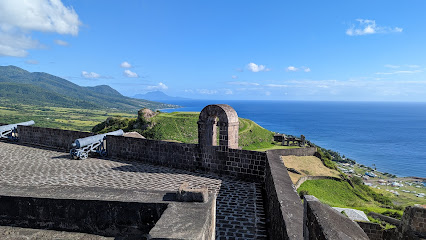
Sky Safari Zipline
Soar through the skies and discover the breathtaking beauty of St. Kitts from above at Sky Safari Zipline, an adventure like no other.
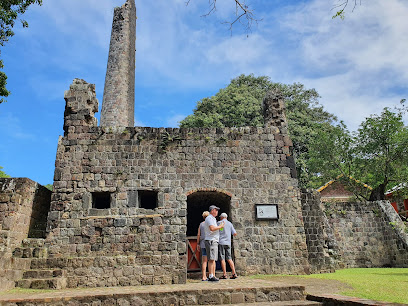
Nevis Hot Springs
Experience the natural healing powers of Nevis Hot Springs, a tranquil oasis in the Caribbean surrounded by lush landscapes and soothing mineral waters.
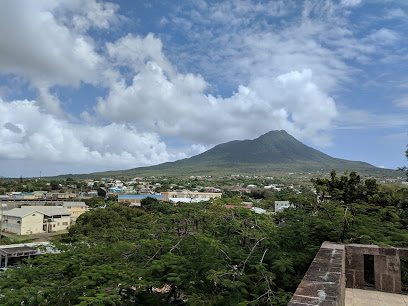
Caribelle Batik at Romney Manor
Explore the vibrant artistry of St. Kitts at Caribelle Batik, where tradition meets tropical beauty in a historic setting.
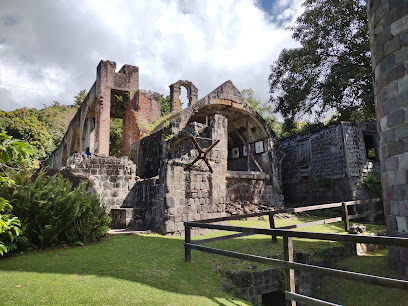
Berkeley Memorial
Explore the beauty and history of Berkeley Memorial, a cherished landmark in Basseterre, St. Kitts, reflecting the island's rich cultural heritage.
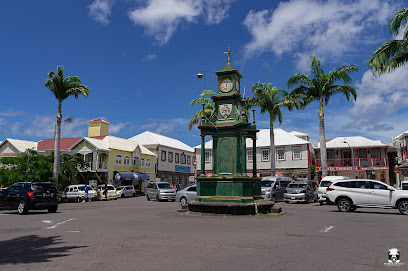
St. Kitts Eco-Park
Explore St. Kitts Eco-Park, a vibrant theme park celebrating nature with fun attractions for the whole family in the heart of the Caribbean.
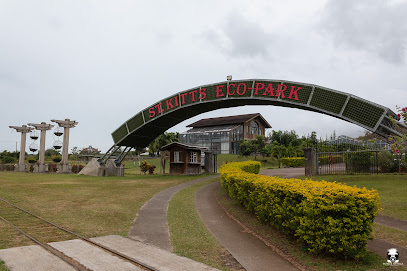
The National Museum of St. Kitts
Discover the rich history and vibrant culture of St. Kitts at The National Museum, a must-visit destination for curious travelers.
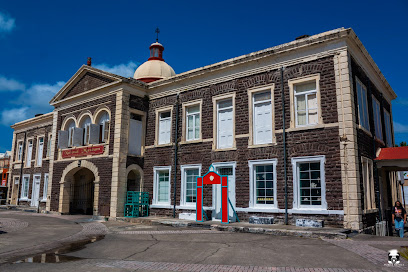
St.kitts & Nevis Independence Square
Experience the vibrant culture and rich history at St. Kitts & Nevis Independence Square, a picturesque park in the heart of Basseterre.
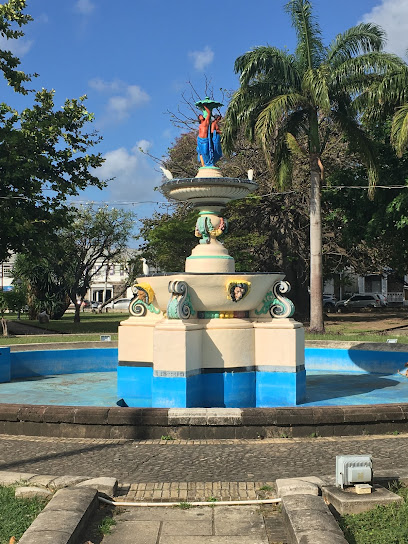
Central Forest Reserve National Park
Explore the breathtaking landscapes of Central Forest Reserve National Park, a lush rainforest sanctuary in St. Kitts and Nevis, perfect for nature lovers and adventurers alike.
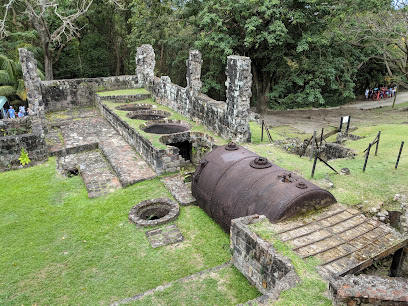
Unmissable attractions to see
Brimstone Hill Fortress National Park
Discover the history and breathtaking vistas of Brimstone Hill Fortress National Park, a UNESCO World Heritage Site in St. Kitts.
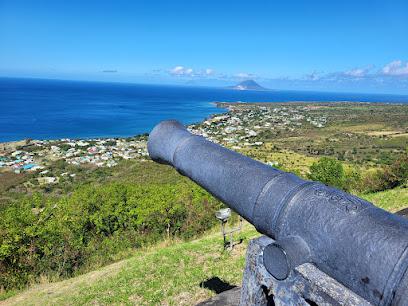
Port Zante
Discover Port Zante: A lively cruise terminal in Basseterre, St. Kitts & Nevis, blending local culture, shopping, and stunning seascapes.
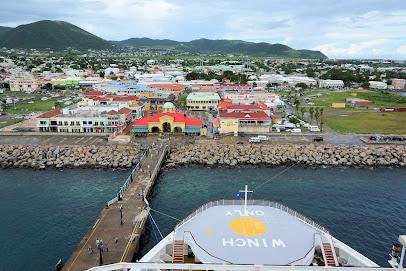
Saint Kitts
Explore the stunning landscapes, rich history, and vibrant culture of St. Kitts & Nevis, a Caribbean paradise for every traveler.
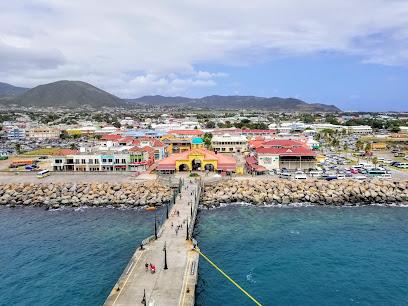
St. Kitts Scenic Railway
Experience the breathtaking landscapes and rich history of St. Kitts aboard the enchanting Scenic Railway, a must-do for every traveler.
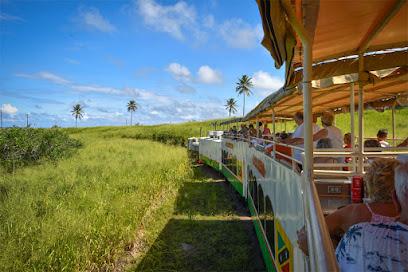
Nature Paradise Tours- St.Kitts
Discover the breathtaking landscapes and rich wildlife of St. Kitts with Nature Paradise Tours, your ultimate nature adventure in the Caribbean.
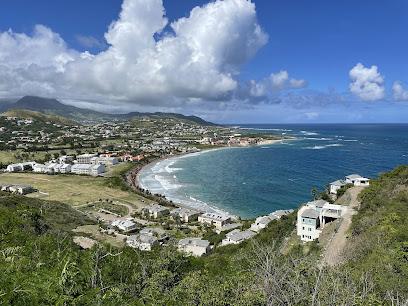
Fairview Great House & Botanical Gardens
Explore the historic Fairview Great House & Botanical Gardens, a unique blend of history and nature in the heart of St. Kitts.
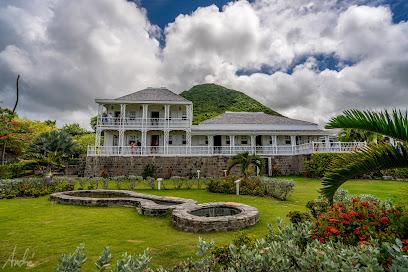
Frigate Bay
Explore Frigate Bay, a stunning Caribbean destination in St. Kitts & Nevis, where pristine beaches, vibrant nightlife, and rich culture converge.
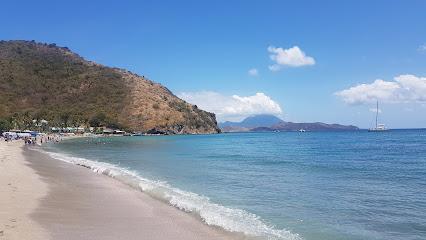
Nevis Hot Springs
Immerse yourself in the healing waters of Nevis Hot Springs, a natural retreat surrounded by stunning landscapes and rich cultural experiences in St. Kitts & Nevis.
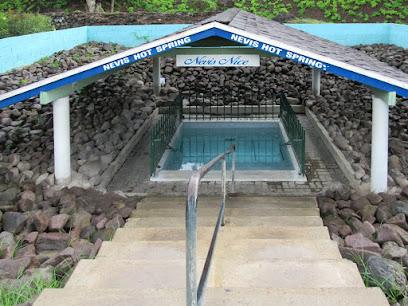
Berkeley Memorial
Explore the Berkeley Memorial in Basseterre, a historical landmark that captures the essence of St. Kitts' colonial past and vibrant culture.
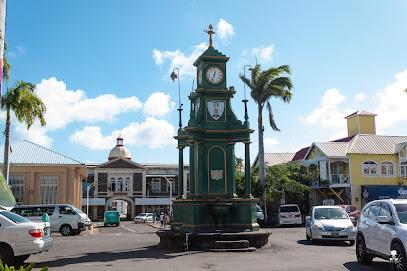
Caribelle Batik at Romney Manor
Discover the stunning artistry and botanical beauty of Caribelle Batik at Romney Manor, a must-visit destination in St. Kitts for every traveler.

St.kitts & Nevis Independence Square
Discover the lush greenery and rich history of St. Kitts & Nevis Independence Square, a vibrant park in Basseterre perfect for relaxation and cultural immersion.
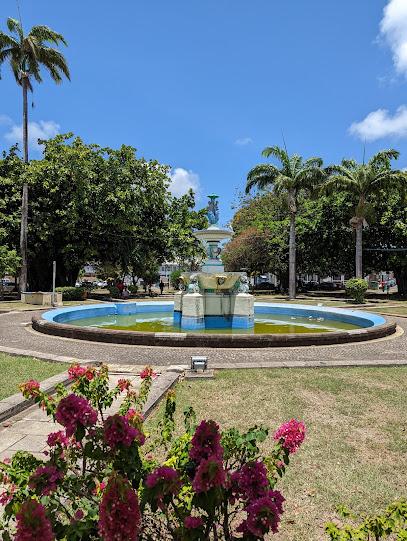
Immaculate Conception Catholic Co-Cathedral
Discover the stunning Immaculate Conception Co-Cathedral in Basseterre, a beautiful blend of faith, art, and local culture waiting to be explored.
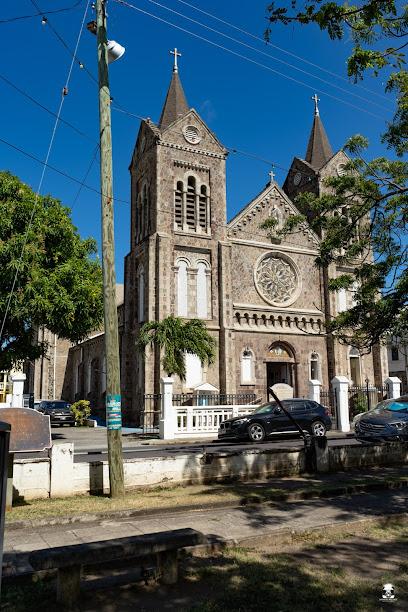
The National Museum of St. Kitts
Explore St. Kitts' captivating history and culture at The National Museum, a treasure trove of artifacts and stories that shape the island's identity.
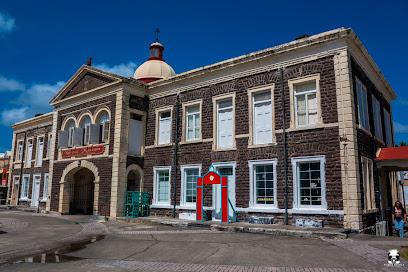
Coastal View Charters
Experience the best of St. Kitts & Nevis at Seahawk Marina with thrilling boat tours, water sports, and breathtaking coastal views.
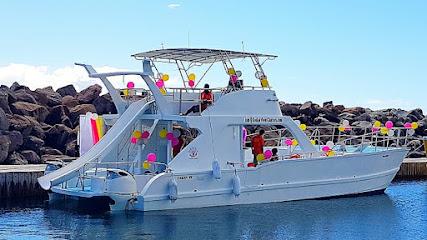
Nevis Artisan Village
Experience the heart of Caribbean craftsmanship at Nevis Artisan Village, a vibrant hub for local culture, arts, and cuisine in St. Kitts and Nevis.
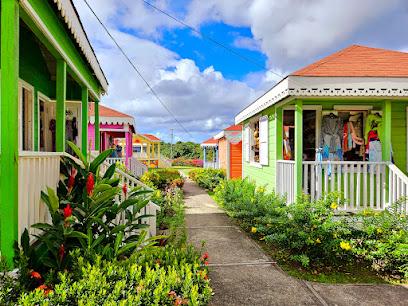
Essential places to dine
Reggae Beach Bar-Grill
Experience Caribbean flavors at Reggae Beach Bar-Grill in St. Kitts & Nevis - where every meal feels like a vacation.
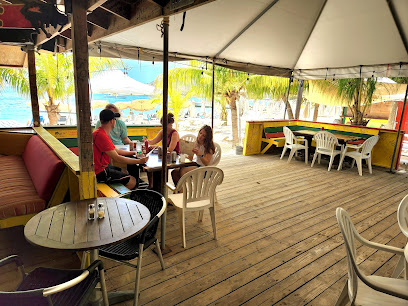
Carambola Beach Club
Experience paradise at Carambola Beach Club in St. Kitts - where pristine beaches meet exquisite dining.
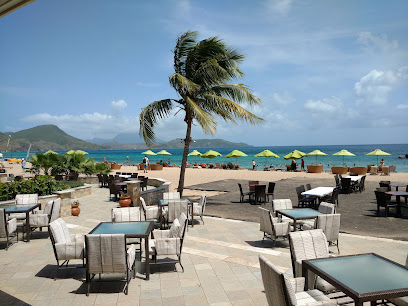
Shipwreck Beach Bar
Experience tropical bliss at Shipwreck Beach Bar in St. Kitts with delightful cuisine and breathtaking Caribbean views.
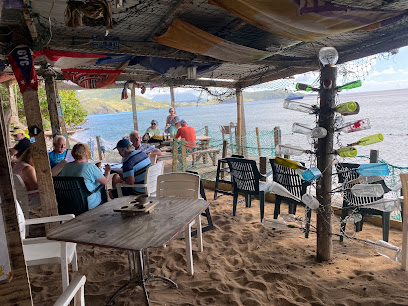
Sprat Net
Discover the authentic flavors of St. Kitts at Sprat Net Restaurant - where fresh seafood meets Caribbean charm.
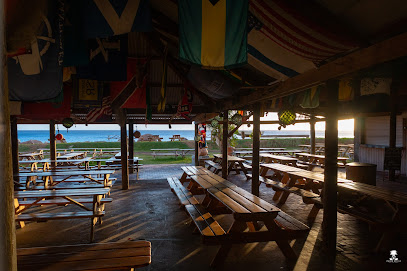
Spice Mill Restaurant
Discover authentic Caribbean cuisine at Spice Mill Restaurant in St. Kitts, where vibrant flavors meet stunning ocean views.
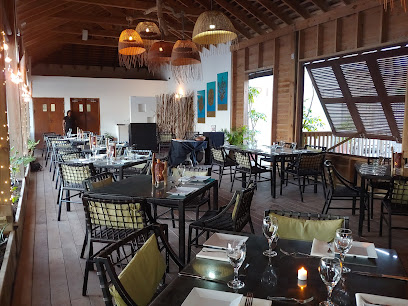
Palms Court Gardens
Discover culinary delights at Palms Court Gardens in Brumaire - where local flavors meet breathtaking tropical beauty.
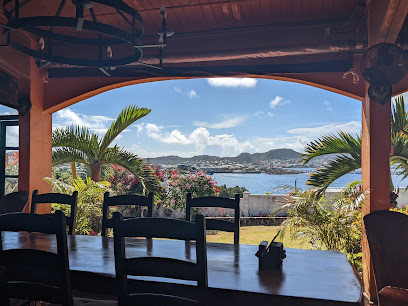
Yachtsman Grill
Discover Yachtsman Grill: An exquisite dining experience with breathtaking views in Nevis.
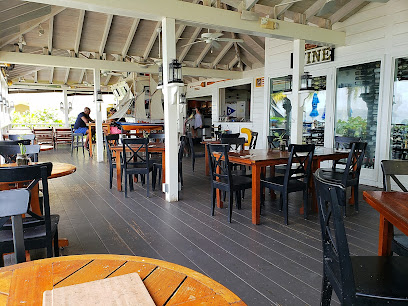
Boozies on The Beach
Discover Boozies on The Beach: A culinary gem in St. Kitts offering fresh seafood and stunning ocean views.
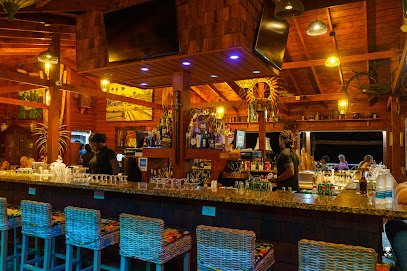
Coconut Grove Cafe - Bar - Pizzeria
Experience island life at Coconut Grove Cafe - where delicious cuisine meets stunning views in Frigate Bay.
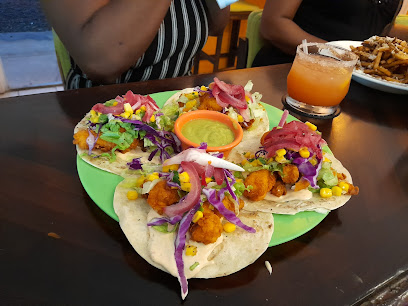
Turtle Time Bar & Grill
Experience Caribbean cuisine at Turtle Time Bar & Grill - where delicious food meets stunning beach views in St. Kitts & Nevis.
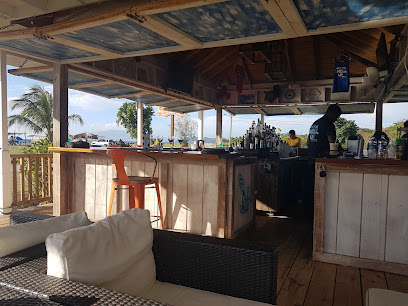
Arthur's Restaurant & Bar
Experience exquisite Caribbean cuisine at Arthur's Restaurant & Bar with stunning views of Dieppe Bay Beach in St. Kitts.
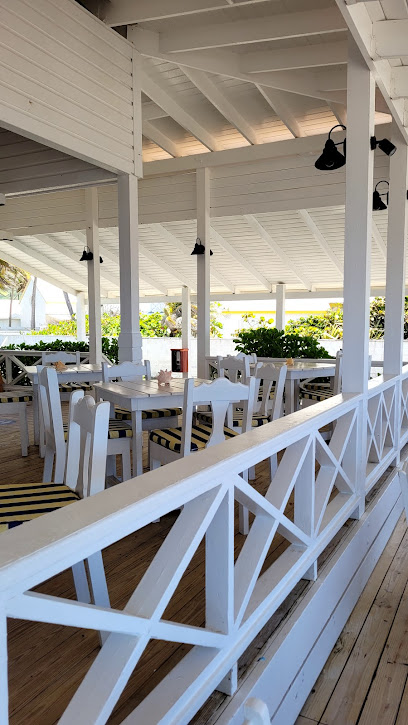
Sweet Cane | Restaurant & Bar
Experience authentic Caribbean flavors at Sweet Cane Restaurant & Bar in Port Zante - where every meal is a taste of paradise.
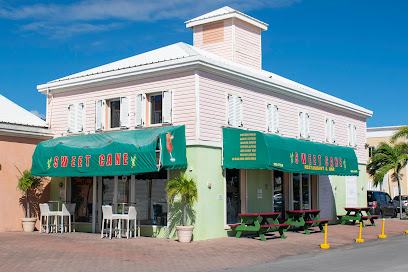
Serendipity Restaurant
Experience exceptional dining at Serendipity Restaurant in St. Kitts - where local flavors meet exquisite culinary artistry.
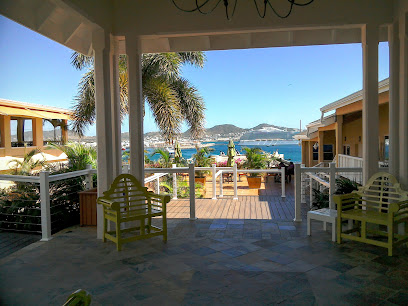
Lime Beach Bar
Discover tropical flavors and breathtaking views at Lime Beach Bar on Pinney's Beach in Nevis—a must-visit dining destination.
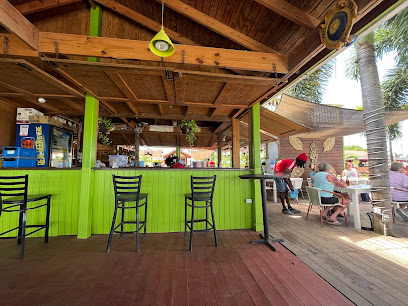
Cathy's Ocean View | Bar and Grill (open for lunch on ship day from 12pm to 3:30pm)
Experience authentic Caribbean cuisine with breathtaking ocean views at Cathy's Ocean View in Frigate Bay.
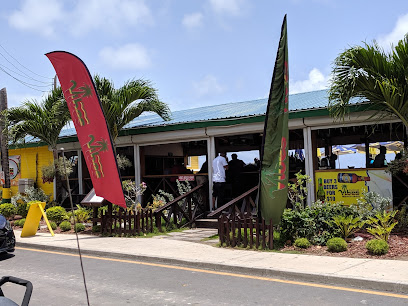
Markets, malls and hidden boutiques
Ram's Supermarket - Nevis
Discover local flavors and unique products at Ram's Supermarket in Nevis, your one-stop shop for groceries and souvenirs.

The Pelican Shopping Mall
Discover the charm of St. Kitts at The Pelican Shopping Mall, where shopping, dining, and local culture come together in a vibrant atmosphere.

L’Elegance Fine Jewelry & Timepieces
Discover exquisite jewelry and luxury timepieces at L’Elegance Fine Jewelry & Timepieces, located in the serene Four Seasons Resort, Nevis.
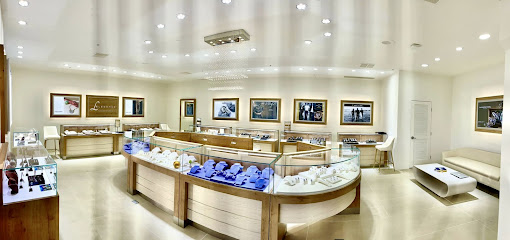
Blackrocks Gift Shops
Explore the charm of Blackrocks Gift Shops in Belle Vue, where local crafts and stunning views combine for an unforgettable shopping experience.

Sun Island Clothes St Kitts
Explore the vibrant fashion of the Caribbean at Sun Island Clothes St Kitts, a must-visit clothing store in Basseterre with unique styles and excellent service.

Vida Liquor & Cigar Lounge
Experience the finest liquors and premium cigars at Vida Liquor & Cigar Lounge in Nevis, where relaxation meets indulgence in a tropical paradise.

Sweet'O'Savory Bakery & Shop
Discover the delightful taste of the Caribbean at Sweet'O'Savory Bakery, Nevis' premier destination for cakes and pastries.
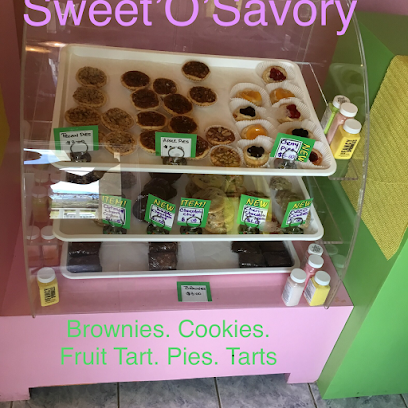
Mansa's
Discover Mansa's in Cliftons for the freshest local fruits and vegetables, a true taste of St. Kitts & Nevis' vibrant culinary culture.
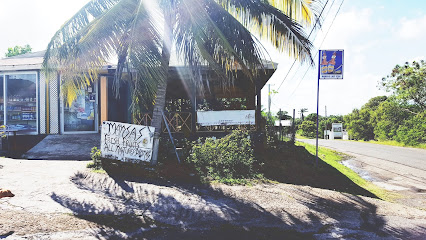
Square Duty Free
Discover luxury shopping at Square Duty Free in Basseterre, St. Kitts, offering premium cigars, wines, and spirits at unbeatable prices.

L&L Rum Shop
Experience the rich flavors of the Caribbean at L&L Rum Shop in Charlestown, your go-to destination for a wide selection of local and international rums.

I LOVE ST. KITTS STORE
Explore the vibrant I LOVE ST. KITTS STORE for authentic souvenirs that capture the spirit of St. Kitts, perfect for lasting memories.
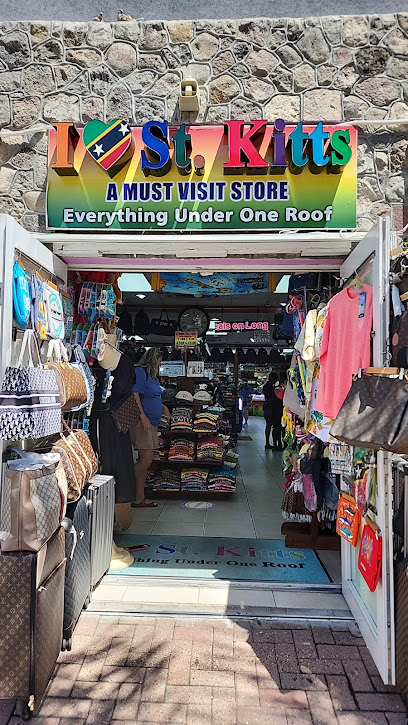
Nevis Crafthouse
Explore local crafts and gourmet essentials at Nevis Crafthouse, a cultural gem that embodies the spirit of St. Kitts & Nevis.
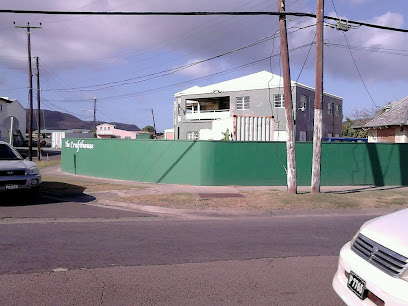
The Olive Tree
Explore The Olive Tree in Nevis for a delightful selection of unique gifts and local crafts that reflect the island's vibrant culture and artistry.
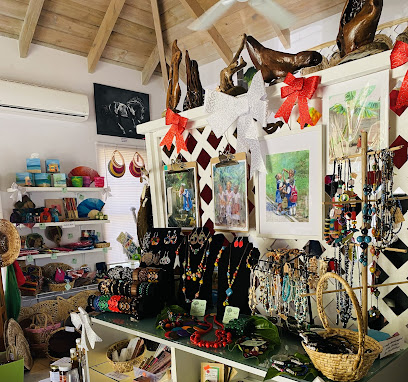
Courts Nevis Ltd.
Explore the latest in electronics at Courts Nevis Ltd., your go-to destination for tech and appliances in Nevis.

Newcastle Pottery
Explore the charm of Newcastle Pottery, a hidden gem in St. Kitts & Nevis offering exquisite handcrafted ceramics and a warm Caribbean welcome.
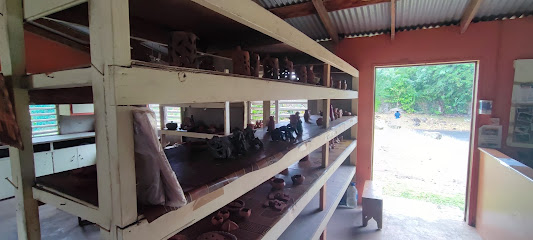
Essential bars & hidden hideouts
Reggae Beach Bar-Grill
Experience authentic Caribbean flavors at Reggae Beach Bar-Grill, a vibrant grill in St. Kitts & Nevis with stunning ocean views and live reggae music.
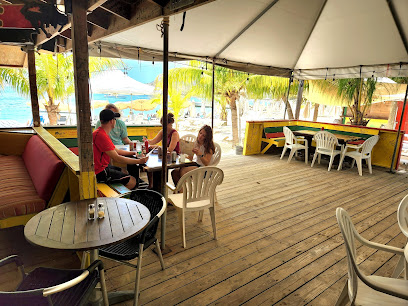
Shipwreck Beach Bar
Discover the perfect blend of Caribbean cuisine and beachside relaxation at Shipwreck Beach Bar, a must-visit destination in St. Kitts.
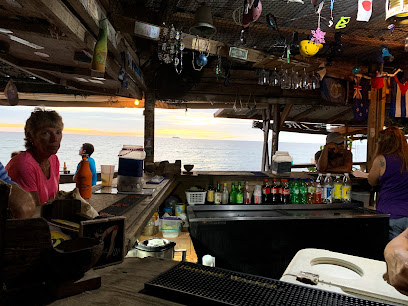
Vibes Beach Bar
Discover the vibrant atmosphere of Vibes Beach Bar in St. Kitts, where tropical drinks, delicious food, and stunning beach views await.
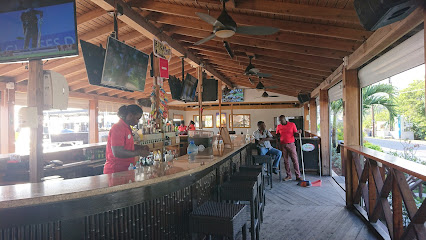
The Monkey Bar | Mexican Restaurant and Bar
Experience the vibrant flavors of Mexico at The Monkey Bar, a lively restaurant and bar in St. Kitts with stunning views and delicious cuisine.
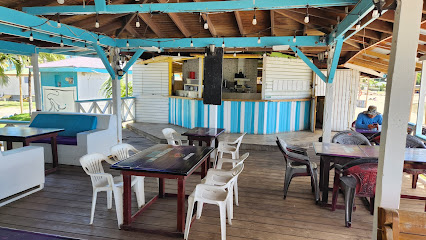
Zanzi Bar & Grill
Experience the vibrant flavors of Caribbean cuisine at Zanzi Bar & Grill in St. Kitts, a perfect blend of good food, drinks, and lively atmosphere.
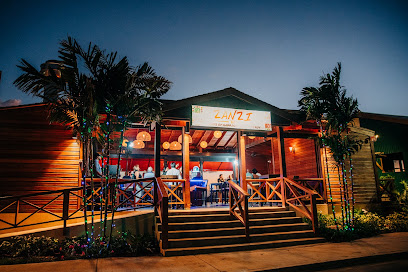
Railway Bar And Grill
Experience the vibrant culinary scene of Nevis at Railway Bar and Grill, where local flavors meet a welcoming atmosphere for unforgettable dining.
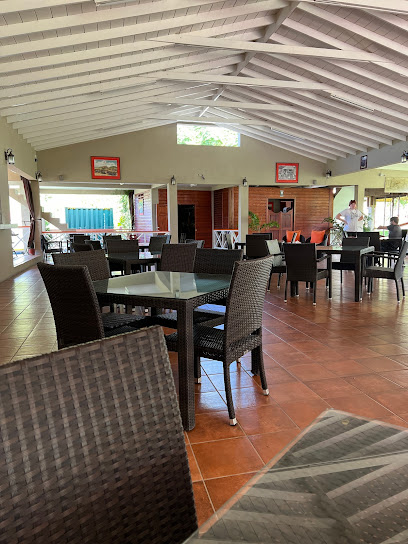
Buddha-Bar
Discover the tranquil ambiance and exquisite cocktails at Buddha-Bar, a tropical escape in Frigate Bay, St. Kitts & Nevis, perfect for sunset lovers.
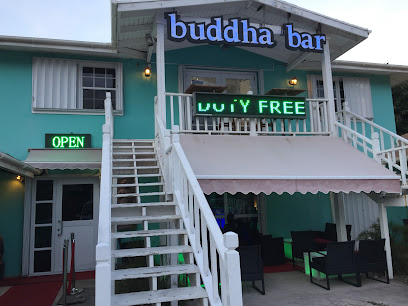
Inon's Beach Bar
Experience the vibrant island life at Inon's Beach Bar in Frigate Bay, St. Kitts, where refreshing cocktails and stunning sea views await.
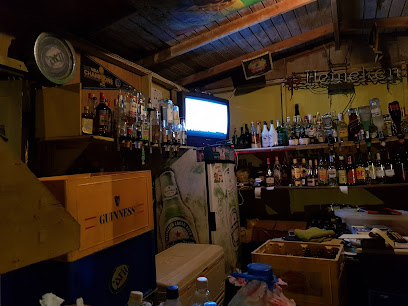
Oceans Beach Bar Lounge and Aqua Park Ltd
Discover the ultimate beach escape at Oceans Beach Bar Lounge and Aqua Park, featuring delicious grill options and endless fun in St. Kitts.
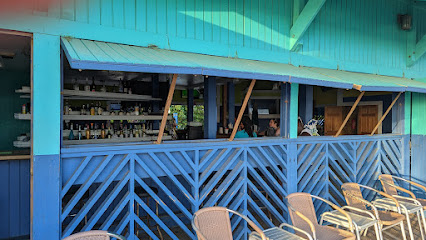
Lion Rock Beach Bar & Grill
Experience the flavors of St. Kitts at Lion Rock Beach Bar & Grill, where fresh seafood meets stunning ocean views for the perfect island getaway.
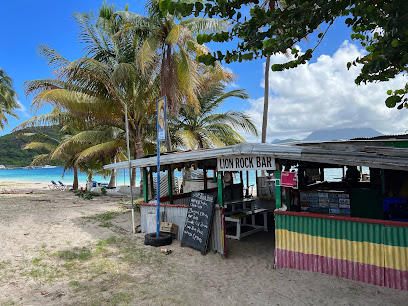
OJ’s Bar And Resturant
Discover the lively spirit of St. Kitts at OJ’s Bar And Restaurant, where local flavors and refreshing drinks await every tourist.
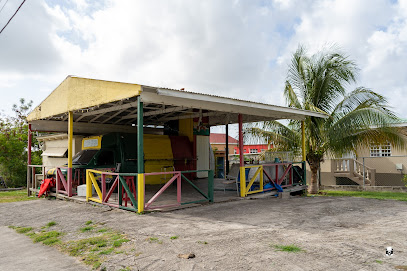
Cool Runnings Bar & Grill
Discover the vibrant flavors of the Caribbean at Cool Runnings Bar & Grill in Basseterre, St. Kitts & Nevis, where local cuisine meets lively atmosphere.
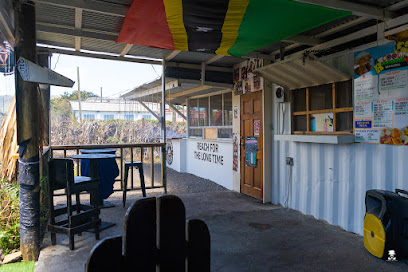
Rum Dawg Beach Bar & Grill
Discover the vibrant atmosphere and delicious flavors at Rum Dawg Beach Bar & Grill in Sandy Point Town, St. Kitts & Nevis.
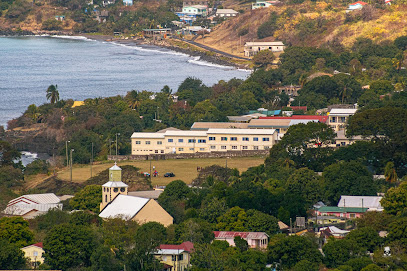
5Trees Bar and Lounge
Discover the vibrant culinary scene at 5Trees Bar and Lounge in Nevis, offering delicious grills and refreshing cocktails in a stunning outdoor setting.
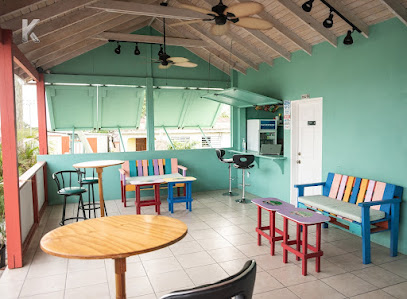
Bush Bar
Discover Bush Bar, a serene restaurant in the countryside of Nevis, offering delightful dishes and breathtaking nature views.
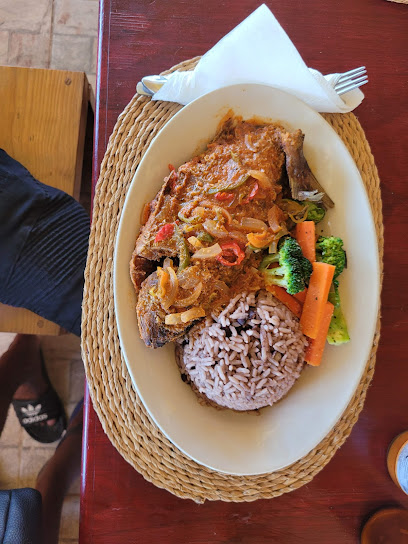
Local Phrases
-
- HelloWa gwaan
[wah-gwaan] - GoodbyeDeuces
[doo-ses] - YesYeah man
[yeah-man] - NoNah man
[nah-man] - Please/You're welcomeIf you please
[if-you-please] - Thank youTank you
[tank-you] - Excuse me/SorryPardon me
[par-dun-me] - How are you?How yuh dey?
[how-you-day] - Fine. And you?Ah good. An yuh?
[ah-good-an-you] - Do you speak English?Yuh speak English?
[you-speak-english] - I don't understandAh doh understan
[ah-doh-un-der-stand]
- HelloWa gwaan
-
- I'd like to see the menu, pleaseLet meh see de menu, please
[let-me-see-de-menu-please] - I don't eat meatAh doh eat meat
[ah-doh-eat-meat] - Cheers!Cheers!
[cheers] - I would like to pay, pleaseAh would like to pay, please
[ah-would-like-to-pay-please]
- I'd like to see the menu, pleaseLet meh see de menu, please
-
- Help!Help!
[help] - Go away!Geh way!
[geh-way] - Call the Police!Call de Police!
[call-de-police] - Call a doctor!Call a doctor!
[call-a-doctor] - I'm lostAh lost
[ah-lost] - I'm illAh sick
[ah-sick]
- Help!Help!
-
- I'd like to buy...Ah want to buy...
[ah-want-to-buy] - I'm just lookingAh just looking
[ah-just-looking] - How much is it?How much dat deh?
[how-much-dat-deh] - That's too expensiveDat too much fuh meh
[dat-too-much-fo-me] - Can you lower the price?Yuh cud drop de price?
[you-cud-drop-de-price]
- I'd like to buy...Ah want to buy...
-
- What time is it?Wat time it be?
[what-time-it-be] - It's one o'clockIt one o'clock
[it-one-o-clock] - Half past (10)Half pass ten
[half-pass-ten] - MorningMawning
[mawning] - AfternoonAfternoon
[after-noon] - EveningEvenin
[even-in] - YesterdayYesterday
[yes-ter-day] - TodayToday
[to-day] - TomorrowTomorrow
[to-mor-row] - 1One
[one] - 2Two
[two] - 3Tree
[tree] - 4Foh
[foh] - 5Fiv
[fiv] - 6Six
[six] - 7Seven
[seven] - 8Eight
[eight] - 9Nine
[nine] - 10Ten
[ten]
- What time is it?Wat time it be?
-
- Where's a/the...?Whea de...deh?
[whea-de-deh] - What's the address?Wat de address?
[wat-de-address] - Can you show me (on the map)?Yuh cud show me (pan de map)?
[you-cud-show-me-pan-de-map] - When's the next (bus)?When de nex (bus)?
[when-de-nex-bus] - A ticket (to ....)A ticket (to ....)
[a-ticket-to]
- Where's a/the...?Whea de...deh?
History of Newcastle
-
Newcastle, located on the island of Nevis in the Federation of Saint Kitts and Nevis, was established in the early 18th century. Its strategic location near the northern tip of the island made it an important site during the colonial era. The town was named after Newcastle-upon-Tyne in England, reflecting the British influence in the area.
-
During the 18th and 19th centuries, Newcastle became a center for sugar production. The fertile volcanic soil of Nevis made it ideal for growing sugarcane, and the plantations around Newcastle played a crucial role in the island's economy. The sugar industry was driven by enslaved labor, and remnants of this era can still be seen in the ruins of old plantation houses and sugar mills.
-
In 1772, a powerful hurricane struck Nevis, causing widespread devastation. Newcastle was not spared, and many of its buildings and plantations were severely damaged or destroyed. The hurricane had a lasting impact on the community, prompting changes in building practices and disaster preparedness that are still observed today.
-
The abolition of slavery in the British Empire in 1834 had profound effects on Newcastle and its sugar plantations. Freed from the bonds of slavery, many former slaves continued to work on the plantations as laborers, but they also began to establish their own communities and businesses. This era marked a significant social transformation in Newcastle's history.
-
One of Newcastle's claims to fame is its proximity to the birthplace of Alexander Hamilton, one of the Founding Fathers of the United States. Hamilton was born in Charlestown, just a short distance from Newcastle, in 1755 or 1757. His early years in Nevis have been the subject of much historical interest and contribute to the area's rich cultural heritage.
-
Throughout the 20th century, Newcastle, like the rest of Nevis, experienced a growing movement for independence from British colonial rule. The island achieved associated statehood with Saint Kitts in 1967 and full independence as part of the Federation of Saint Kitts and Nevis in 1983. The movement for independence was marked by political activism and a deepening sense of national identity.
-
Today, Newcastle is a blend of historical charm and modern amenities. The town retains much of its colonial architecture and cultural heritage, attracting tourists from around the world. The local economy is now driven by tourism, agriculture, and small businesses, and Newcastle continues to celebrate its rich history through festivals, museums, and cultural events.
Newcastle Essentials
-
Newcastle in Saint Kitts and Nevis is accessible primarily via air travel. The closest airport is Vance W. Amory International Airport (NEV) on Nevis, which offers direct flights from regional hubs such as Antigua, San Juan, and St. Maarten. Alternatively, you can fly into Robert L. Bradshaw International Airport (SKB) in Saint Kitts and take a ferry or a water taxi to Nevis. The ferry ride from Saint Kitts to Nevis takes about 45 minutes.
-
Within Newcastle, transportation options include taxis, rental cars, and bicycles. Taxis are readily available and can be hired for short trips or for the entire day. Car rentals offer flexibility and are a good option for exploring the island at your own pace. Bicycles are popular for short distances and provide a scenic way to explore the surroundings. Public buses are less common, but some routes do exist connecting major towns and attractions.
-
The official currency is the Eastern Caribbean Dollar (XCD), though US dollars are widely accepted. Credit cards are accepted at most hotels, restaurants, and larger shops, but it is advisable to carry cash for smaller establishments and markets. ATMs are available in major towns, including Newcastle, but may charge a fee for international cards.
-
Newcastle is generally a safe destination for tourists. However, it is advisable to take standard precautions such as avoiding poorly lit areas at night and keeping an eye on personal belongings in crowded places. Crime rates are low, but petty theft can occur, so remain vigilant. There are no specific high-crime areas targeting tourists, but always be cautious and aware of your surroundings.
-
In case of emergency, dial 911 for immediate assistance. Newcastle has a local police station and medical facilities available. It is recommended to have travel insurance that covers medical emergencies. Pharmacies are available in the town for minor health issues and over-the-counter medications.
-
Fashion: Do dress modestly, especially when visiting religious sites. Avoid wearing overly revealing clothing. Religion: Do respect local customs and traditions. Be quiet and respectful when visiting churches and other religious sites. Public Transport: Do be courteous to fellow passengers. Don't eat or drink on public transport. Greetings: Do greet people with a friendly 'Good day' or 'Good evening'. Handshakes are common. Eating & Drinking: Do try local dishes and accept food and drink offerings graciously. Don't refuse hospitality, as it is considered impolite.
-
To experience Newcastle like a local, visit local markets where you can buy fresh produce and traditional goods. Engage with locals, as they are often friendly and willing to share stories about the area's history and culture. Don't miss visiting the nearby beaches, which are less crowded and offer a more authentic experience. Attend local events and festivals to immerse yourself in the culture and traditions of Nevis.
Trending Landmark in Newcastle
-
Timothy Hill Overlook
-
Brimstone Hill Fortress National Park
-
Dolphin Discovery Saint Kitts
-
St. Kitts Scenic Railway
-
Fairview Great House and Botanical Gardens
-
Romney Manor
-
The Citadel at Fort George
-
Sky Safari Zipline
-
Nevis Hot Springs
-
Caribelle Batik at Romney Manor
-
Berkeley Memorial
-
St. Kitts Eco-Park
-
The National Museum of St. Kitts
-
St.kitts & Nevis Independence Square
-
Central Forest Reserve National Park
Nearby Cities to Newcastle
-
Things To Do in Cotton Ground
-
Things To Do in Charlestown
-
Things To Do in Gingerland
-
Things To Do in Basseterre
-
Things To Do in Cayon
-
Things To Do in Old Road Town
-
Things To Do in Middle Island
-
Things To Do in Sandy Point Town
-
Things To Do in Dieppe Bay Town
-
Things To Do in Woodlands
-
Things To Do in Jolly Harbour
-
Things To Do in Bolands
-
Things To Do in Dickenson Bay
-
Things To Do in St. John's
-
Things To Do in All Saints






